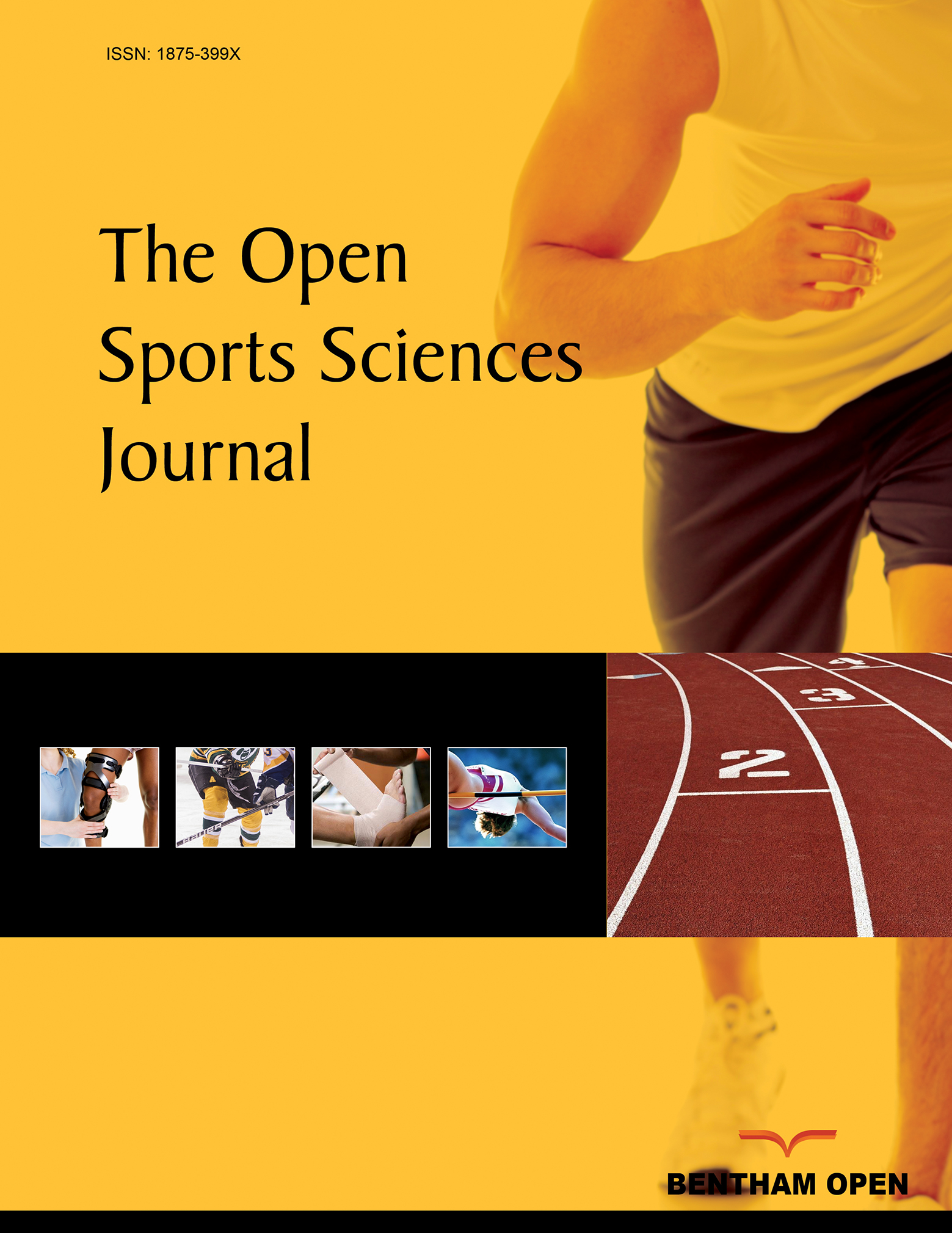All published articles of this journal are available on ScienceDirect.
Periods of Competitive Break in Soccer: Implications on Individual and Collective Performance
Abstract
Competitive breaks in soccer have been revealed to be detrimental to the individual and collective performance of soccer players and teams. Several studies have been carried out, and the evidence suggests the need to apply specific training programs to avoid a decline in soccer players’ performance. However, the elaboration of these specific programs, in many cases, is essentially focused on physical performance, neglecting the technical and behavioral domain.
In this small review, the competitive breaks and their main effects for detraining were critically analyzed. Concurrently, we analyzed the effects of the use of specific training programs to avoid changes in the performance of soccer players and teams.
It is essential to create guidelines for coaches to apply for specific training programs properly during competitive breaks so that soccer players can maintain their individual and collective performance, considering the physiological, technical, and behavioral domains. Applying of these programs will also contribute to enhancing soccer players’ physical condition, increasing their tolerance to the imposed training loads, and, consequently, reducing the appearance of injuries.


